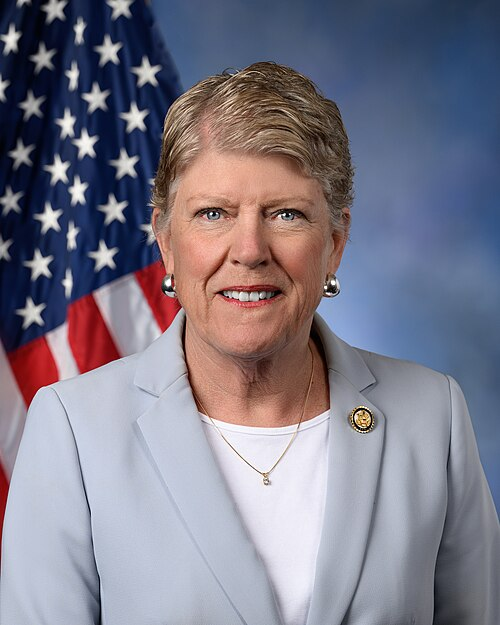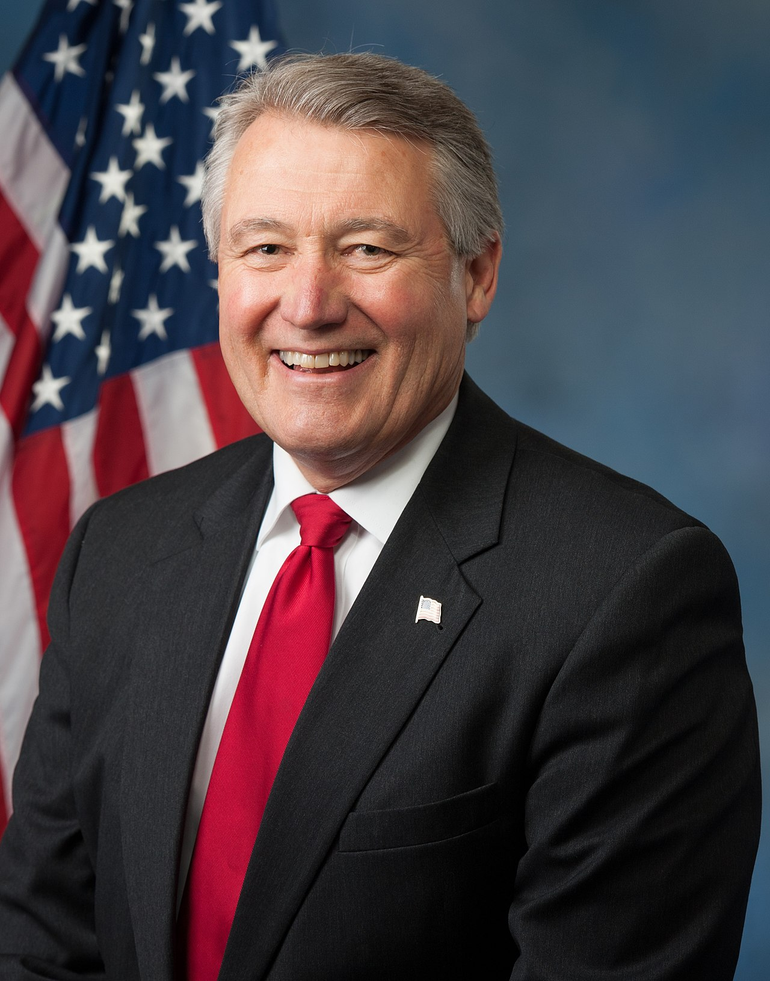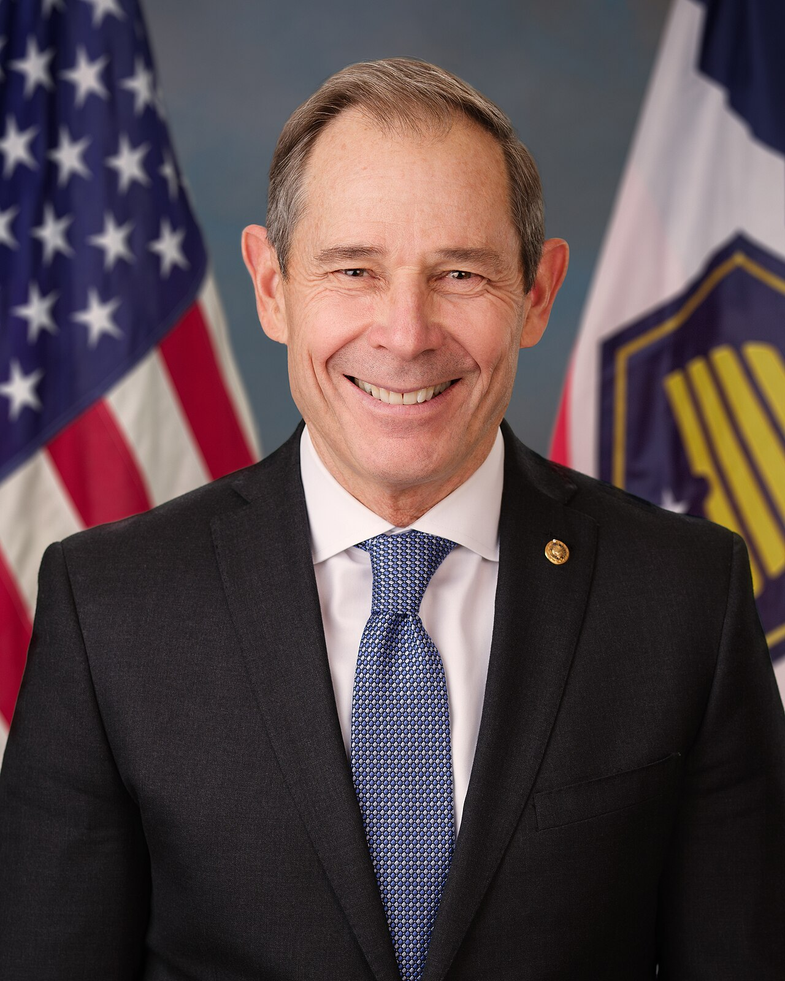H.R. 4636: Saving Our Interconnected Lives Act
The Saving Our Interconnected Lives Act (or SOIL Act) proposes several changes to the Food Security Act of 1985, with a focus on promoting agricultural practices that benefit both soil health and wildlife habitats. The bill introduces increased financial incentives for agricultural producers to engage in practices that address both environmental and ecological concerns. Here are the main components of the bill:
Increased Payments for Environmental Practices
The bill amends the Environmental Quality Incentives Program (EQIP) to provide producers with payments covering 90 percent of the costs for specific practices that benefit both soil and wildlife habitats. These practices include:
- Alley cropping
- Conservation cover
- Contour buffer strips
- Wetland enhancement or restoration
- Filter strips
- Establishing permanent vegetation in critical areas
- Riparian herbaceous cover
- Tree and shrub establishment
- Wildlife habitat plantings
- Windbreaks
- Field borders
- Hedgerow planting
- Riparian forest buffers
- Forest stand improvements
- Forage harvest management
- Grazing management
- Pest management and environmental impacts
- No-till or reduced tillage management
- Seasonal water management for wildlife
- Habitat management for upland and wetland species
- Cover cropping
- Grassed waterways
- Strip cropping
- Restoration of rare natural communities
- Crop rotation
Project Evaluation and Application Priorities
Changes are also proposed regarding the evaluation and prioritization of applications for funding under EQIP so that projects that address both soil and wildlife resource concerns are prioritized.
Conservation Stewardship Program Adjustments
The Conservation Stewardship Program (CSP) will also be revised to recognize and rank stewardship contract offers based on their impacts on both soil and wildlife resource concerns. This includes the addition of 'co-benefit activities' that improve wildlife habitats and contribute to carbon sequestration and reductions in greenhouse gas emissions.
Overall Objectives
The overarching goal of the bill is to enhance agricultural practices that not only ensure food security but also contribute positively to environmental health by encouraging practices that sustain and improve both soil and wildlife habitats.
Relevant Companies
- DOW - As a company involved in agricultural products and crop science, changes to incentive programs may influence their business in areas related to sustainable farming practices.
- MONS (Monsanto, now part of Bayer) - They focus on crop genetics and may be affected by agricultural practices that align with soil and wildlife habitat conservation.
- DE (Deere & Company) - They provide farming equipment that could be used in practices supported by the bill.
This is an AI-generated summary of the bill text. There may be mistakes.
Sponsors
1 sponsor
Actions
2 actions
| Date | Action |
|---|---|
| Jul. 23, 2025 | Introduced in House |
| Jul. 23, 2025 | Referred to the House Committee on Agriculture. |
Corporate Lobbying
0 companies lobbying
None found.
* Note that there can be significant delays in lobbying disclosures, and our data may be incomplete.

















